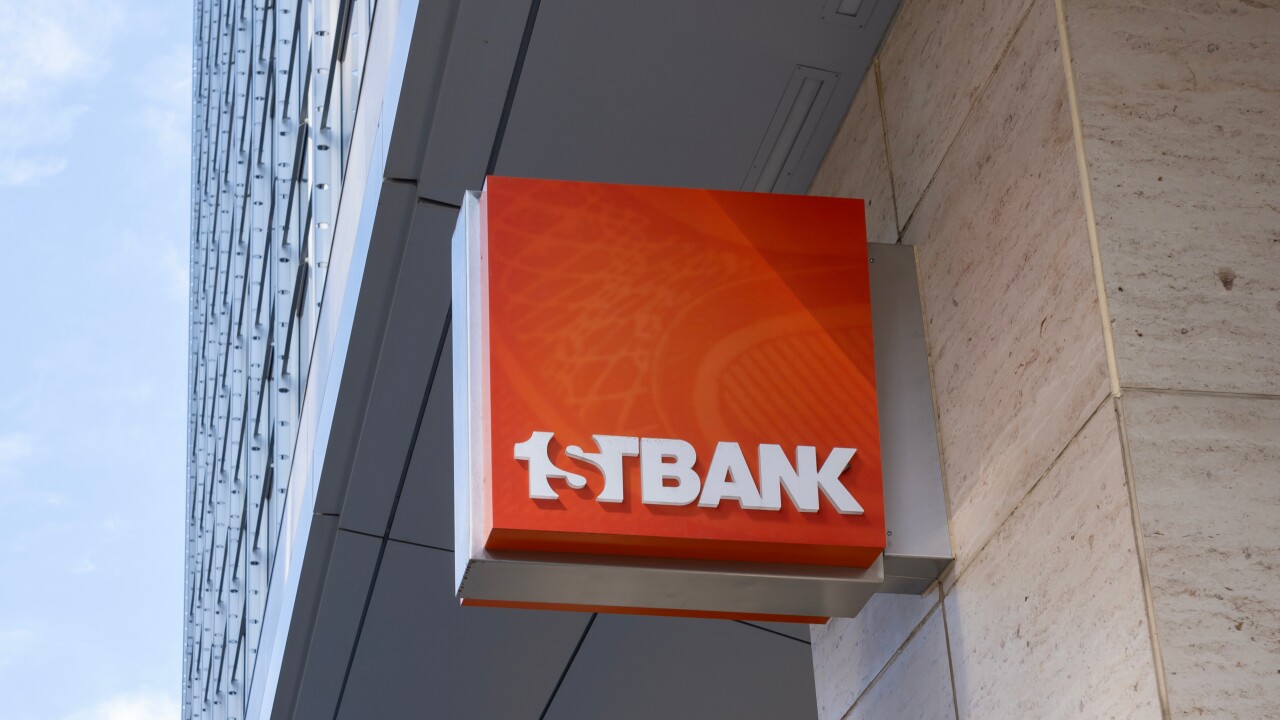Traditional non-bank payment providers have elected several unconventional names to represent the industry on the Federal Reserve's Faster Payments Task Force steering committee.
The selection of executives from alternative payment tech companies demonstrates the payment industry's commitment to inviting a range of fresh and diverse views as it tackles its latest technological issue.
Jordan Lampe, director of communications at Dwolla, the Des Moines, Iowa-based alternative payments platform provider; Ryan Zagone, head of research at Ripple Labs, the digital currency-based payments platform; and W. Bradley Wilkes, president and CEO of WingCash LLC, a mobile wallet provider that allows users to pay in their local currencies were chosen to represent the non-bank constituency, which includes the likes of Visa Inc. and Square Inc. Two more traditional non-bank payment executives Steve Ledford, senior vice president of product and strategy at The Clearing House and Peter Gordon, senior vice president of payment strategy in the enterprise product office at FIS were also selected.
The non-bank group was originally going to have only four representatives. The Fed added a fifth seat for FIS shortly before representatives were announced during a task force discussion and meeting in Chicago this week.
"We have one of the largest and most diverse segments so to have a service provider (FIS) was important," Dwolla's Lampe said in an interview.
The steering committee was set up to guide the Fed in how to best implement faster payments in the U.S. The Fed's goals are to increase speed, efficiency, security and choices when sending funds both domestically and internationally. It also aims to foster collaboration within the payments space.
Lampe might seem like the strangest choice since he's a communications director, but his role at Dwolla encompasses more than PR. The five-year Dwolla exec has worked alongside CEO Ben Milne on many initiatives, including Dwolla FiSync, a real-time payments platform for integration with banks. FiSync is used by Veridian Credit Union and
"A tech approach is going to be the best way to marry the existing stakeholders to the market expectations of faster payments," said Lampe. "Among all the traditional technology players, emerging tech is going to play a pivotal role."
But the big players must also maintain their position, which is why newer payment companies must be equally welcoming of the input of legacy companies such as the top U.S. banks, said Lampe.
"They're at the heart," he said. "They do a great job of protecting individuals, small businesses and others' money. They keep economy moving like no other structure can do."
Zagone from Ripple Labs is another unconventional pick because of incumbent's hesitance to adopt virtual currency. But Ripple Labs, headed by serial financial services entrepreneur Chris Larsen, has worked to bridge the digital currency ecosystem to the mainstream banking system. The company played off the momentum from the rise of Bitcoin, but its focus is on developing a real-time payment platform for financial institutions' cross-border business.
Recently Ripple Labs faced a blow. The company was hit with a
Zagone has been with Ripple Labs for about nine months. Previously, he was the lead analyst researching payment infrastructure tech at Deloitte. And before that, he worked in economic policy and research at the American Bankers Association.
"We've reached the capacity of [the current] payment infrastructure right now," Zagone said. "The industry is demanding newer technology."
While some might see the companies represented by the committee as competitors in the real-time payments push, Zagone predicts there will be more than one real-time solution in the U.S.
Altogether the steering committee comprises 19 members. The committee consists of four categories: non-bank providers, financial institutions, end users and other industry segments.
"Inclusion may be our biggest challenge, but it's also our greatest strength," Lampe said.
Federal Reserve representatives did not respond to a request for comment before deadline.
But Zagone had positive things to say about the Fed's work so far. "They have aligned the industry to work together jointly on this task force," he said. "All other faster payments initiatives have been top down from a central bank but the Fed has said [they're] going to leave this in the private sector's hands."





